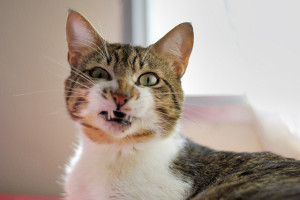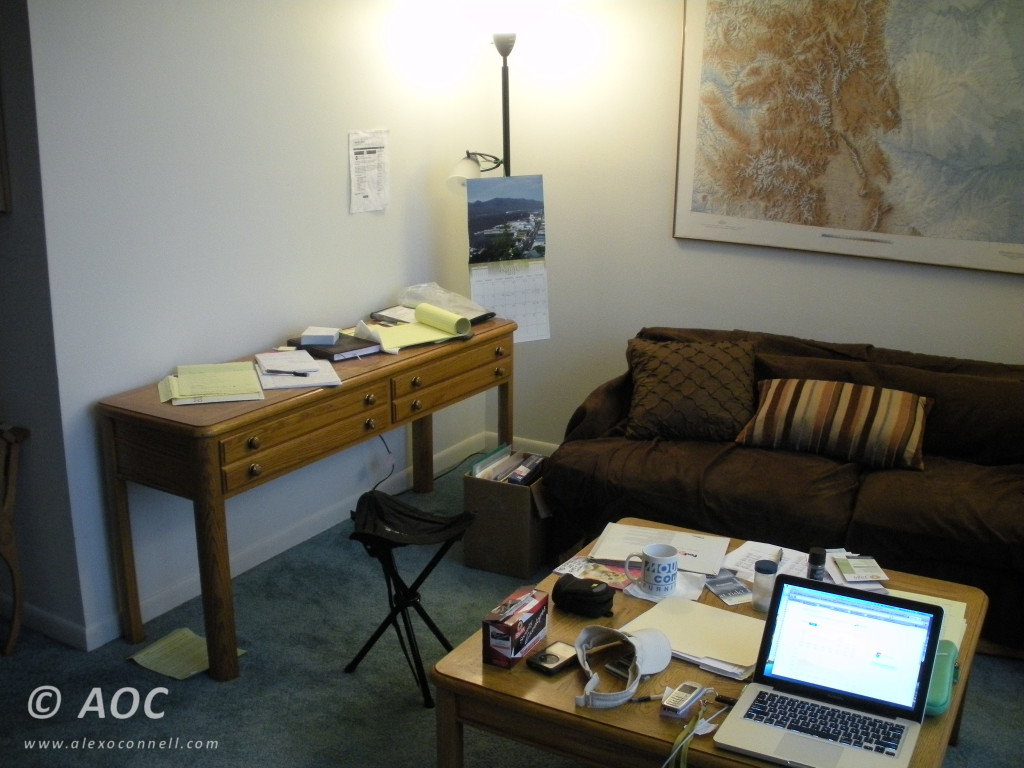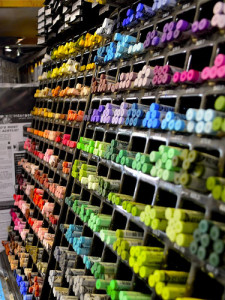
I literally don’t know what you’re talking about. — Image Silly Rus’ courtesy of GloriaGarcia on Flickr. Some rights reserved.
Kids are amazingly literal when they are small. We have to be careful how we phrase what we say to them, lest we be taken exactly at our word.
At a certain age, I learned to use literal to my advantage. For instance, when my friend T and I were caught playing on the furniture, I exclaimed: “But we weren’t jumping ON the beds! We were jumping OFF them!” This was literally true: we were using the bed as a launching pad for tumbling routines on the floor. I was very proud of myself for not lying and felt very smart (see here for other ways I am smart and self-aggrandizing).
Another time, when T was at my house for a sleepover, we had gotten up early before everyone else, but I didn’t want them to know. When I heard the creak of the floorboards above us that indicated someone was awake and aware, I told her to lie down real quick on the living room floor. She had no idea what I was talking about, but she did lie down, and so did I. We paused for a second, and I popped up like a jack-in-the-box. “Okay,” I announced. “Now if anyone asks us, we’ve JUST GOTTEN UP.”
T thought this was so hilarious she still tells the story now, decades later.
The same interpretation is at work in bad translations. Taking every word — literally and individually — and replacing it with the closest possible counterpart in the other language is a recipe for Japanese English translations. Okay, so that was a low blow. But can you imagine translating the following literally? “I’ll keep my eyes peeled.” How about: “waiting for the other shoe to drop”?
A good translation is nothing less than a kind of re-writing, a re-imagining of the work. Translation is poetry in motion. No language has an exact one-to-one vocabulary correspondence to any other language.
The literal trailers found on YouTube play on this concept (search for the movie of your choice along with the words “literal trailer” and prepare to be bemused). The trailers are a kind of spoof in which sequences from Hollywood films are shown without their soundtrack, while a narrator “sings” a description of exactly what is visible on-screen. Closed-captioning accompanies the text. My favorites include the trailers for Harry Potter and the Deathly Hallows, and Twilight. Stories become sublimely ridiculous when literal-ness is taken to this logical extreme.
===
What about you? Have you on occasion played literally with the truth? Did you create good entertainment value with this technique? Please share — I’d love to hear more stories about the literal use of language!





